WAIT, WHAT?
Senior Taliban official warns against tyranny, citing Assad’s fall in Syria
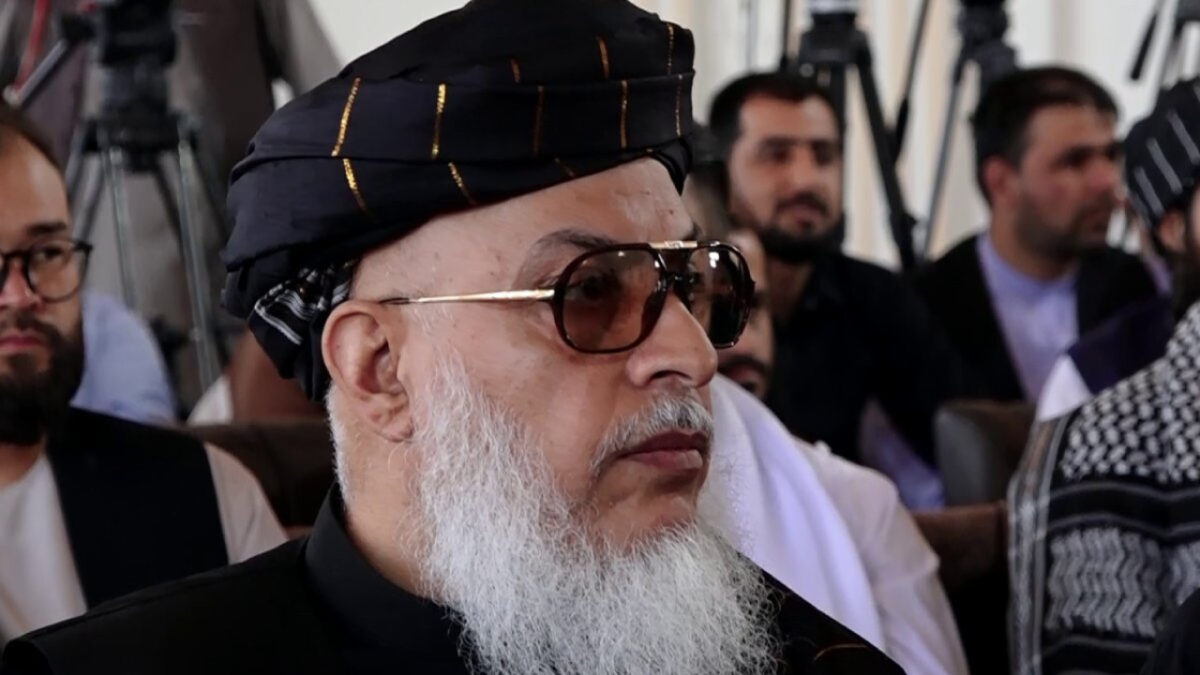
KABUL, Afghanistan — Shir Mohammad Abbas Stanikzai, Taliban’s deputy foreign minister, appeared to issue a veiled critique of the Taliban’s leadership on Tuesday, warning that oppressive regimes are doomed to collapse, much like the recently toppled government of Bashar al-Assad in Syria.
“Three or four days ago, a major development occurred in Syria where a regime that had lasted for half a century—ruled by a father and son, a 54-year-old regime—was overthrown,” said Stanikzai during a gathering in Kabul. Without naming specific individuals, he added, “Oppressive and tyrannical governments are always like this. The result of regimes built on force and pressure is always the same. In the end, they fall, and they fall in such a way that people remember them in history with disgrace.”
His remarks, which did not explicitly reference the Taliban’s supreme leader, Hibatullah Akhundzada, are the latest in a series of public statements from senior officials suggesting internal discord within the Taliban.
Last week, Sirajuddin Haqqani, the Taliban’s interior minister, made a similar veiled critique during an event in Kabul, stating that religion should not be monopolized—a comment widely interpreted as a challenge to Akhundzada’s increasingly rigid policies.
Mounting restrictions on women
Akhundzada has faced growing criticism, both domestically and internationally, over his hardline edicts, including the latest ban preventing women and girls from pursuing medical education. This decision adds to a series of restrictions that have excluded women from schools, universities, and most workplaces, drawing condemnation from human rights groups and foreign governments.
Addressing the gathering, Stanikzai called for a system that future generations of Afghans could take pride in. “Let us work to ensure that the system and governance we establish in Afghanistan is written in the history of this country in such a way that future generations will pray for us, take pride in us, and inherit something that enables this nation to stand strong,” he said.
He warned against leaving Afghanistan dependent on foreign powers. “This nation must become self-reliant politically, economically, defensively, and in terms of security. That is our duty.”
The remarks underscore apparent divisions within the Taliban over their trajectory since returning to power in 2021. While Akhundzada maintains tight control from Kandahar, his policies—especially those targeting women—have sparked criticism even from within the Taliban’s own ranks.
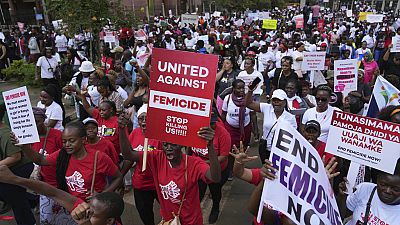





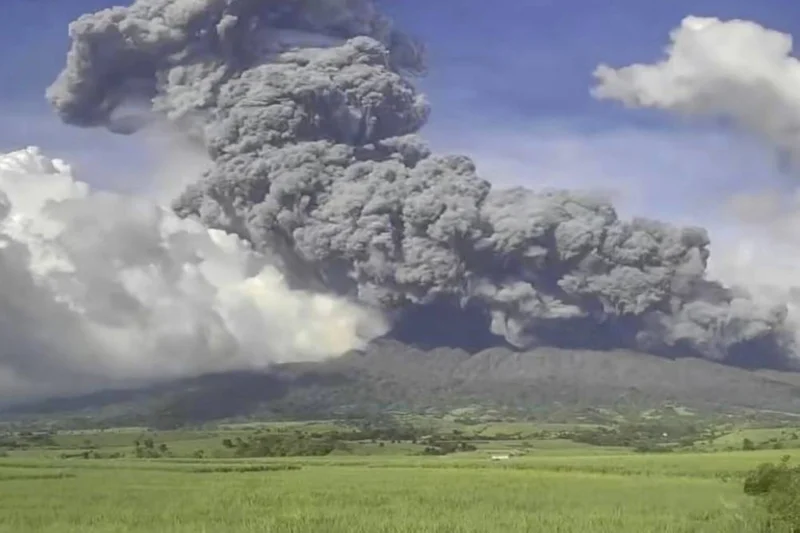
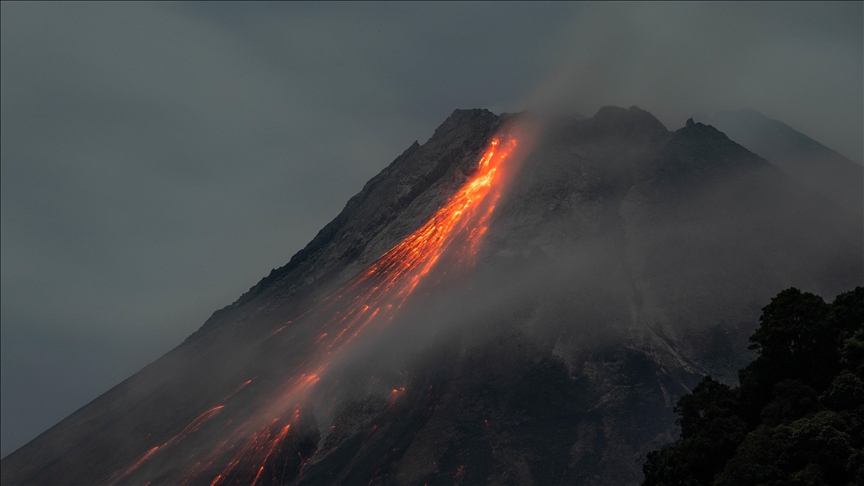
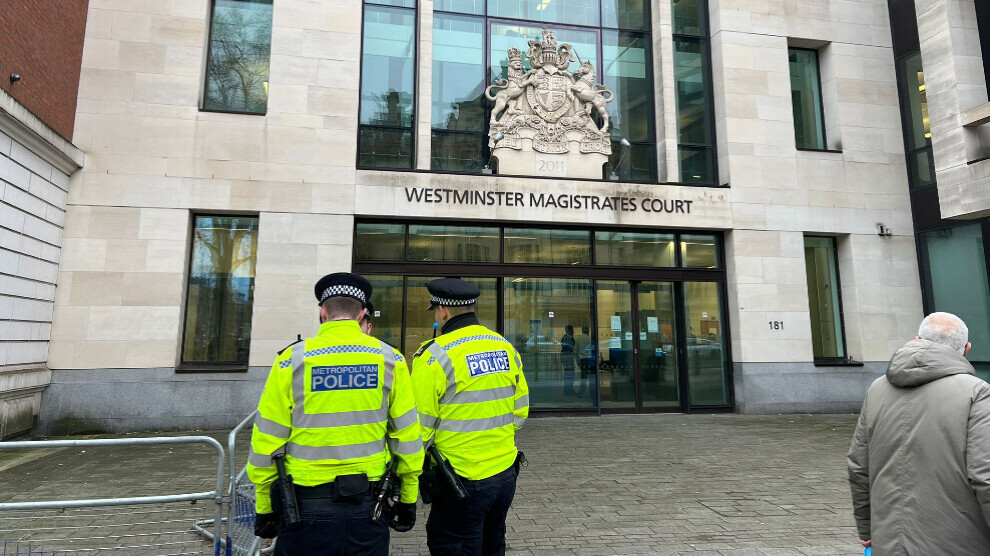
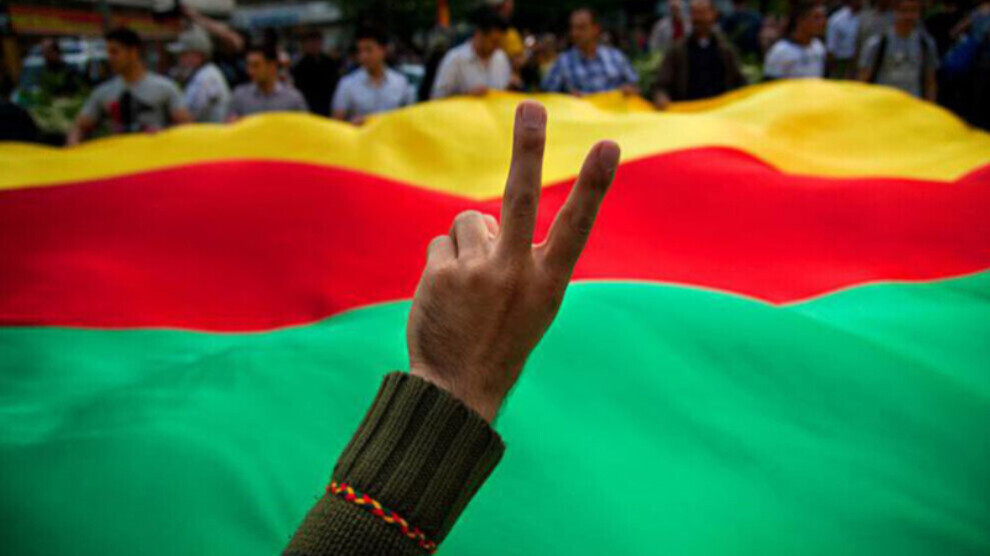
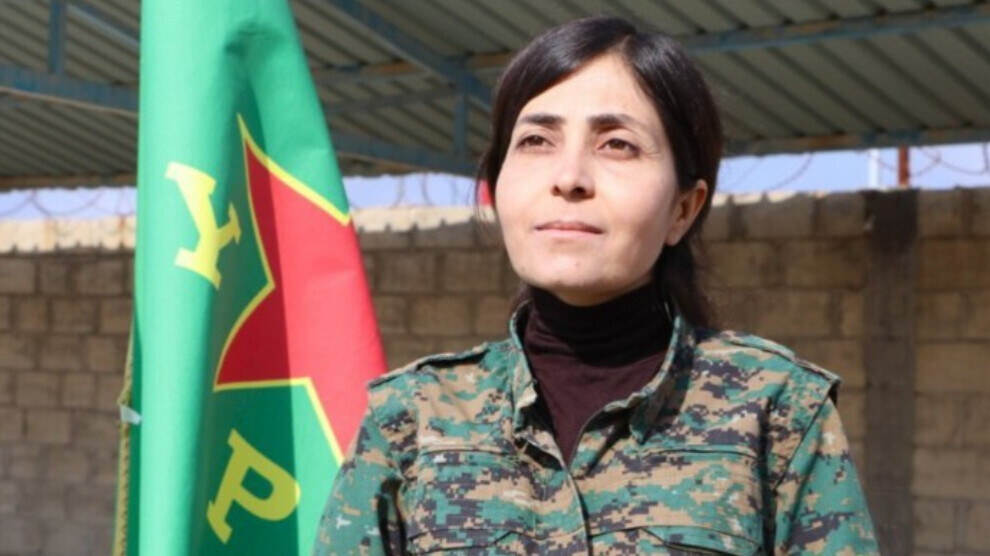

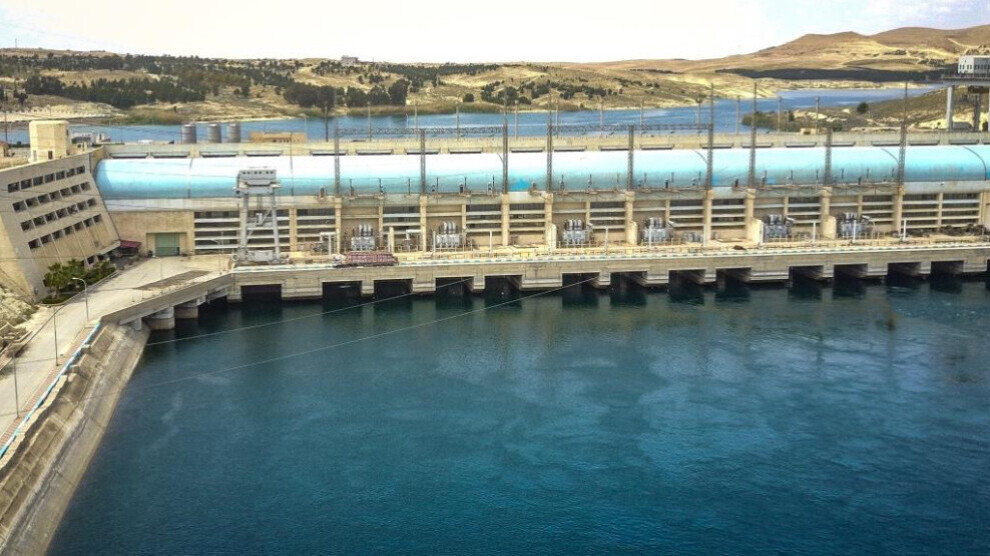




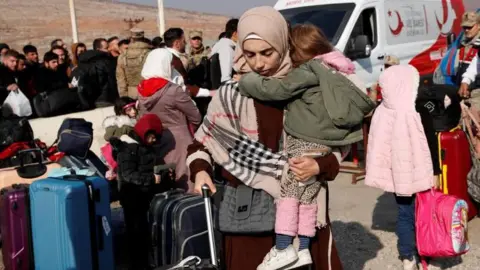
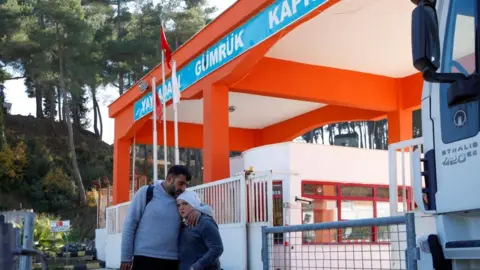
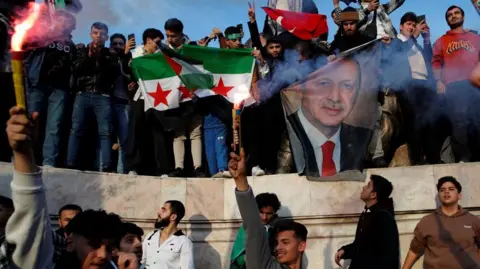 Reuters
Reuters


